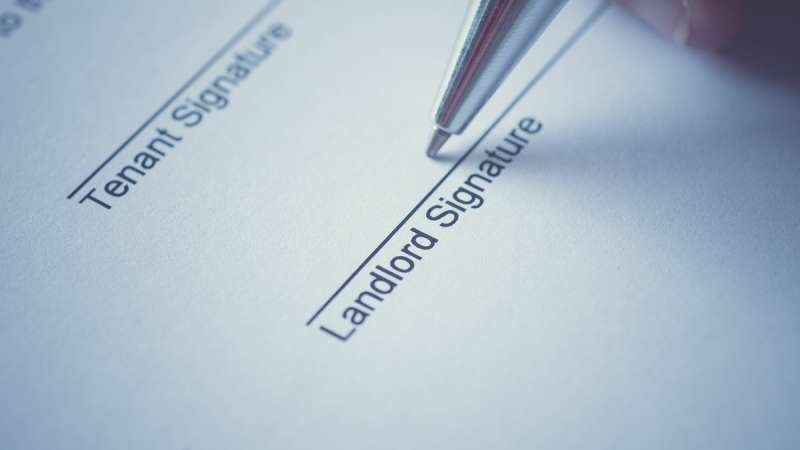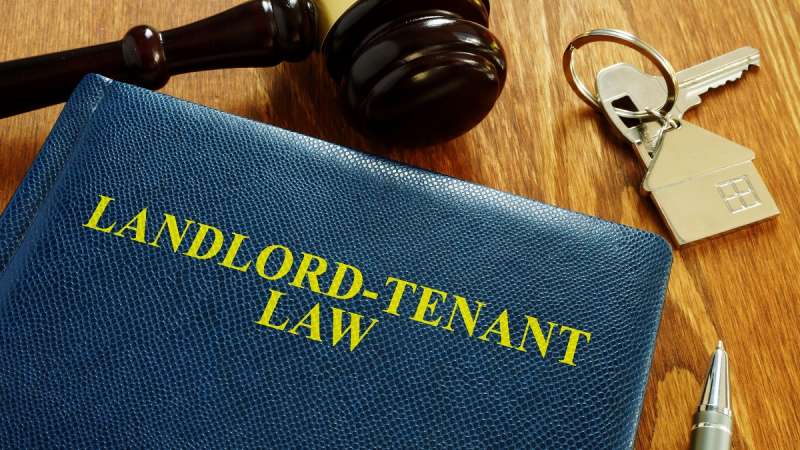Extending the Lease of a Leasehold Property
The Leasehold Reform, Housing and Urban Development Act of 1993, commonly referred to as the 1993 Act, grants leasehold tenants of flats the option to obtain a new lease by either following the statutory criteria, known as the Formal Route or by initiating negotiations with the freeholder for a new lease, referred to as the Informal Route.
The process of extending a residential lease is often referred to as a lease extension claim.
Informal Route
Under the informal route, a leaseholder can approach the freeholder to ask whether they will extend their lease.
There is no obligation on the freeholder to respond or even agree to the lease extension under the Informal Route.
If the freeholder does agree, the parties will negotiate the terms of the extended lease including the premium that is to be paid for the lease extension and the period of the extended lease.
Starting the lease extension process informally could save time and money.
However, there are risks with going down this route, as the freeholder may only agree to extend the existing lease by including onerous terms in the lease agreement or for a high premium.
Formal Route
The statutory lease extension process, otherwise known as the formal route, offers more protection for a leaseholder.
However, there is a procedure and strict timescales that must be followed.
Under the formal route, leaseholders can currently extend their existing lease by an additional 90 years, with a nominal or 'peppercorn' ground rent, effectively meaning no ground rent is payable.
However, the landlord is entitled to receive a premium for granting this statutory lease extension, calculated using a formula outlined in the 1993 Act.
Our Residential Lease Extension Expertise
Myerson Solicitors' property litigation team have years of experience handling complex lease extension matters for residential clients.
Our team of lease extension solicitors can help both landlords or tenants with the following:
- Drafting and serving or advising on the validity of the initial notice and any counter-notice
- Issuing a claim (if necessary) at the First Tier Tribunal and advising you on your claim to extend your lease
- Documenting the lease extension
If you are a residential tenant looking to extend your lease or if you are a landlord and wish to serve a counter notice for a lease extension, Myerson Solicitors can help.
Your dedicated lease extension solicitor can provide guidance on the informal and formal process for extending your lease.
Additionally, if your landlord fails to respond to your lease extension offer or does not provide reasonable terms, we can take the necessary steps, including making court or property tribunal applications.
Navigating the Lease Extension Process: Qualification and Procedures
Understanding whether you qualify to extend your lease and the procedures involved in lease extensions is crucial.
Whether you're a tenant seeking to extend your lease or a landlord responding to such requests, our property litigation solicitors can provide valuable insights into the criteria determining eligibility and the step-by-step processes that must be followed.
Qualifying for a Lease Extension
The right to extend your residential lease under the formal route depends on certain criteria, such as:
- The lease must be for a term of more than 21 years.
- The property must be a flat.
- The tenant must have owned the lease as the registered proprietor for at least two years.
However, even if you meet the above criteria, other relevant restrictions may prevent you from proceeding with a lease extension.
If you have any queries regarding your eligibility for a lease extension, please contact Myerson Solicitor's Property Litigation team today.
The Procedure for Extending a Lease under the Formal Route
Extending a lease typically involves the following steps:
- Serve a Section 42 Notice: If you were to follow the formal process for extending your lease, you will need to serve on your landlord a Section 42 notice (sometimes referred to as an initial notice). You will need to instruct a surveyor prior to the section 42 notice being served to understand what premium is likely to be payable to the landlord to extend the lease as it must be included in the section 42 notice.
- Counternotice: After the section 42 notice has been served, the landlord has an opportunity to serve a counternotice stating whether they admit you have a claim and, if so, whether they agree to the proposed terms detailed in the section 42 notice. The landlord must serve a counter notice, in reply within not less than two months after service of the section 42 notice. The landlord has the right to access the flat for valuation purposes, and they may require the tenant to pay a deposit or deduce title. The landlord can ask for a deposit of greater than £250, or 10% of the premium or other sums payable, as proposed in the tenant's notice.
- Negotiate Terms: Once the notices have been served, the next step is to discuss the terms of the lease extension with your landlord. Discussions with your landlord may include the length of term you want to extend your lease, the premium that is payable, and other relevant terms. Often surveyors undertake these negotiations on behalf of landlords and tenants.
- Issuing a claim: If terms cannot be agreed the either the landlord or the tenant can apply to the First Tier Tribunal for a determination on the terms. The claim can be made between two and six months after service of the counternotice. Failure to make an application within this period can have serious repercussions for the tenant.
- Sign a Lease Extension Agreement: Once both parties agree on the lease extension terms or once they have been determined by the First Tier Tribunal, the new lease can be prepared and signed by the parties.
Why Work With Our Property Litigation Team
- Our property litigation lawyers have been ranked as a top-tier law firm by the Legal 500 for the last seven years.
- You will have access to more than 30 property experts across the Myerson Property Group, including commercial property, construction, residential property conveyancing and development.
- You will receive city-quality commercial property legal advice at regional prices.
- We provide a partner-led service to ensure you receive the best legal advice and commercially-minded support.
- Our property litigation solicitors compromise a large team which is capable of meeting your deadlines.
- We understand that each transaction is bespoke to your individual circumstances and that you need support from a property lawyer who is experienced in dealing with a wide variety of clients and types of work.
- We are a full-service law firm operating from a one-site office, which means our teams communicate effectively and efficiently.
- We use the latest technology to ensure that we are working as efficiently as possible and that geographical distance is no bar to us from providing excellent client service.
- We were the winners of ‘Property Team of the Year 2021’ at the Manchester Legal Awards.
- We provide free newsletters and webinars to all our clients to keep you up to date with the real estate sector and changes in the law. Watch our latest property update webinar here.
- Take a look at the Myerson Promise for further benefits of working with us here.
Residential Lease Extensions Case Studies
Client Intro: Owner of Residential Property
Our client has a long leasehold interest in a residential property. They instructed us to use the statutory procedure under the Leasehold Reform Housing and Urban Developments Act 1993 (as amended), Part 1, Chapter II, Section 24 to extend the lease.
An agreement was reached and the lease was extended.
Client Intro: Purchaser of Residential Property
Our client was buying a long leasehold interest in a residential property.
The lease was coming close to having less than 80 years on it (at which point it become difficult to obtain a mortgage) and, if our client purchased the property, they would have to wait two years before they could initiate a lease extension.
Therefore, it was agreed that the seller would serve a section 42 notice and would assign the benefit of that notice to our client as part of the purchase of the property.
We prepared the notice, assignment and documented the extension once it had been agreed.
Testimonials
Lease Extension FAQs
How many years do you get with a lease extension?
You can extend your existing lease by an additional 90 years under the formal route.
For instance, if you have 75 years remaining on your lease, you'll receive a new lease with a total duration of 165 years.
You may be able to agree a longer period with your landlord if you proceed down the informal route.
What were the proposed changes to the lease extension law in 2023?
The standard lease extension term for both flats and houses is proposed to increase to 990 years, from 90 years for flats and 50 years for houses.
The change will provide long-term security for leaseholders.
Furthermore, the Bill proposes an end to the two-year ownership requirement, which will allow leaseholders to extend their lease immediately upon taking ownership of the property.
Should I extend my lease or wait for reform?
Whether you want to extend your lease or wait for the reform is up to you.
However, if you plan to sell your property with a lease that has 80 years or less left on the term, extending the lease may be necessary for potential buyers to secure a mortgage.
Conversely, if your lease has a term of more than 80 years, it might be wise to await the passage of the proposed reforms before taking action.
Our Property Litigation Team
Home-grown or recruited from national, regional or City firms. Our property litigation lawyers are experts in their fields and respected by their peers.
Contact Our Experts
You can contact our lawyers below if you have any more questions or want more information:







